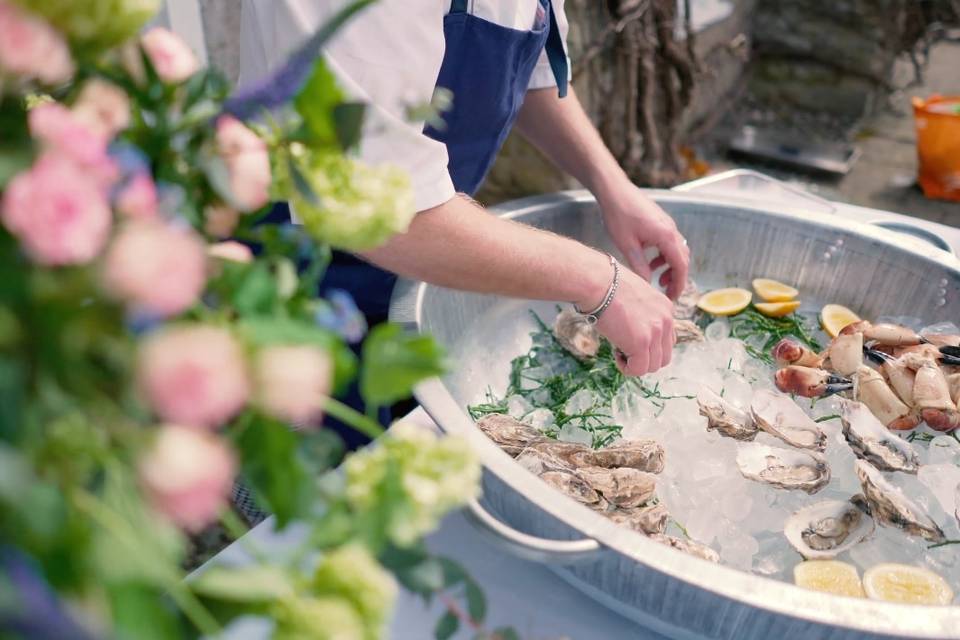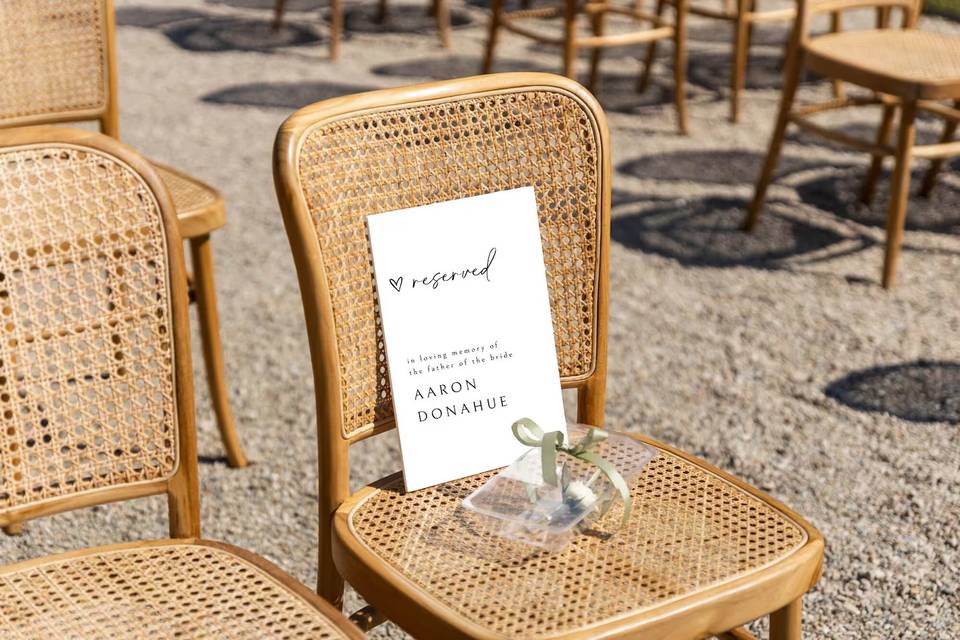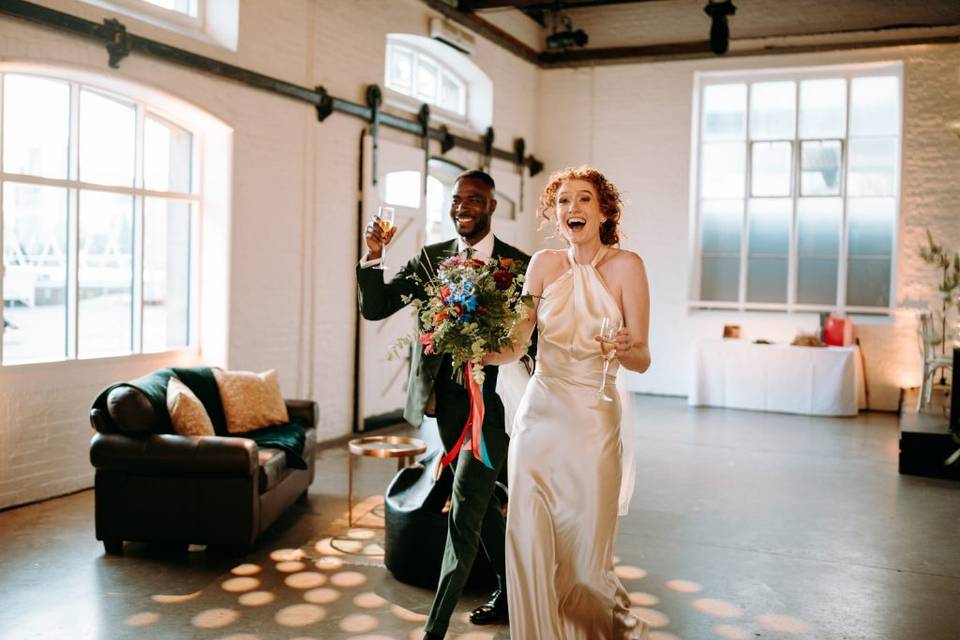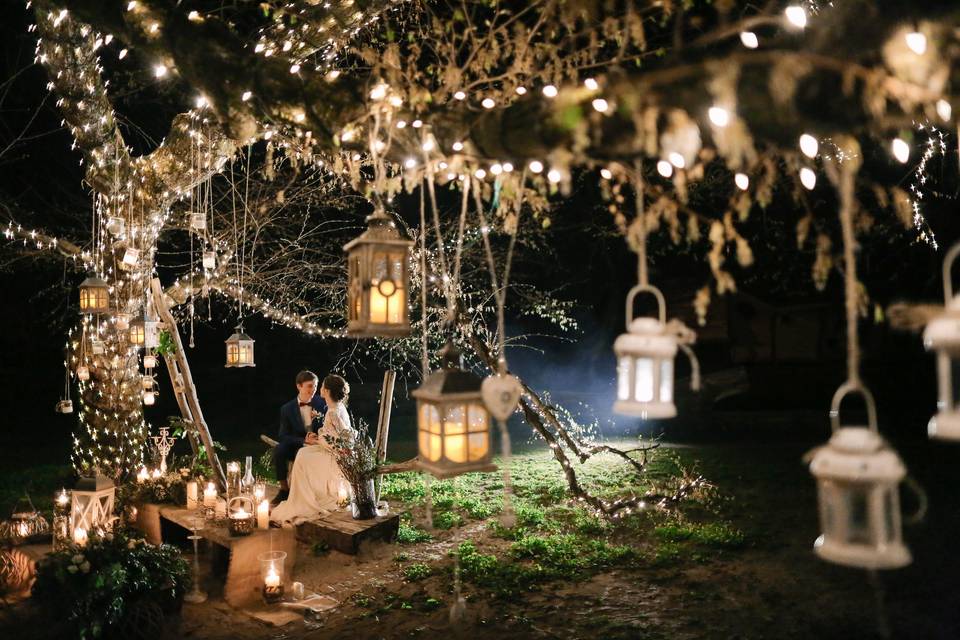5 African and Caribbean Wedding Traditions to Include in Your Day
Want to learn more about African and Caribbean wedding traditions? Considering including your heritage at your wedding? Planner Tessa Williams' documentary showcases the history of some of these traditions - and their influence on modern weddings
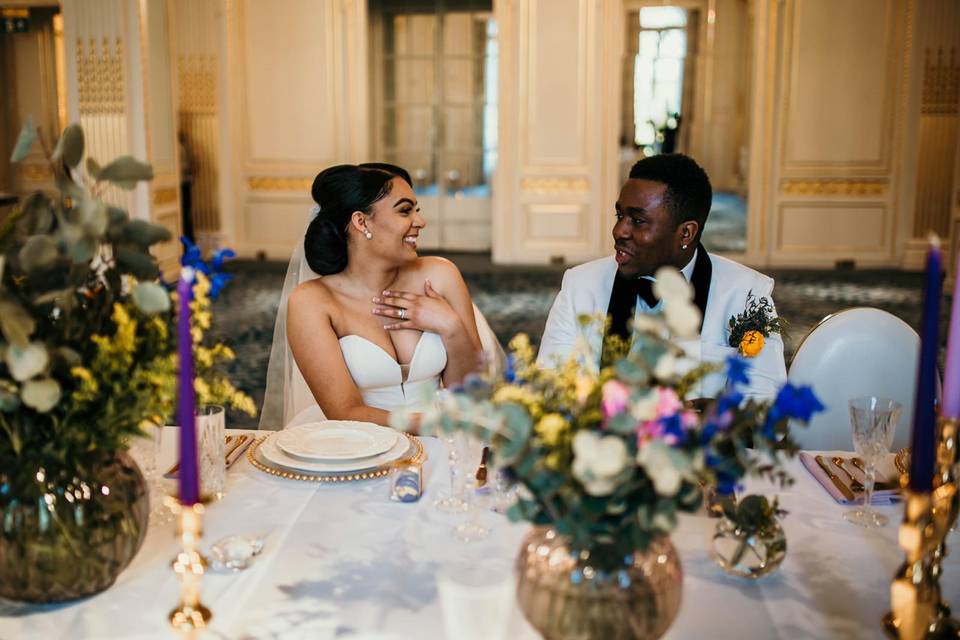
In her recent documentary, planner Tessa Williams of A Touch of Nevaeh explores the history of African and Caribbean wedding traditions - and how these traditions shape weddings today.
Then and Now: Weddings From Different Cultures brings together wedding suppliers from the Elite Vendors Network from Dominica, Eritrea and Nigeria. Their insights into their individual wedding cultures cover everything from family involvement to food and meaningful traditions.
"Culture is really important to Caribbean and African people," says Tessa. "It shows their identity."
We talked to Tessa about some of the traditions discussed in the film - and then we're delighted to bring you this must-watch documentary.
"My advice to the next generation getting married is, 'Always remember your heritage and embrace your culture,'" says Tessa.
"If you are not too fond of all the traditions, there are different ways to modernise the ones you do like!"
Here's a quick guide to some of the most popular African and Caribbean wedding traditions and some ways you could incorporate them into your day!
READ MORE
- 28 Incredible Black Makeup Artists and Hair Stylists You Need on Your Radar
- 17 Best Makeup Ideas for Black Women
- Why (Reluctantly) Having a Traditional Nigerian Wedding Was the Best Decision I Made
1. Alambamento: An Angolan Tradition
"This is a strong African cultural tradition of asking for the hand of the bride in marriage, considered by some more important than the civil or religious (Christian) marriage," says Tessa.
"The Alambamento consists of a series of rituals, like the delivery of a letter with the request for the hand of the bride, which sometimes comes with money.
"The couple would need approval from both parties in order for them to get married, as well as other traditions."
If you have Angolan heritage, the Alambamento could be a wonderful custom to include ahead of engagement parties. Make sure you have a photographer on hand to capture these special moments.
2. Wob Dwiyet: Dominican Traditional Dress
"The Wob Dwiyet is Dominica's traditional dress that came down through the ages and will remind you of Cinderella's dress worn to the ball - it's noticeable when you look at the slim fit of the waist and the way the lace has been gathered in the skirt," says Tessa.
"To carry this dress beautifully one has to pick it up a certain way and tuck it into the waist so that the full effect and regal look of the Wob Dwiyet is achieved.
"Dominicans would usually add Madras material under the lace. Madras fabric originates from a famous city in India which was called Madras but is now a city named Chennai. In the olden days, Madras material was made using banana fibres, it is now made of cotton.
"It is an expensive dress to make as it takes a lot of time and yards of lace and traditional cloth to make."
The Wob Dwiyet (coming from the French robe douillette) is the national dress of the Creole-speaking Caribbean and, although the traditional style is rarely worn today, a wedding is the perfect place to embrace such a significant part of the country's heritage. If you want to wear white on your big day (and you'll see below that you can adapt that too!), an engagement party or a brunch following the wedding could be the time to show off your Wob Dwiyet.
Alternatively, how about incorporating the Madras material into your wedding décor and design?
READ MORE: 37 Black Wedding Dress and Groomswear Designers You Need to Know
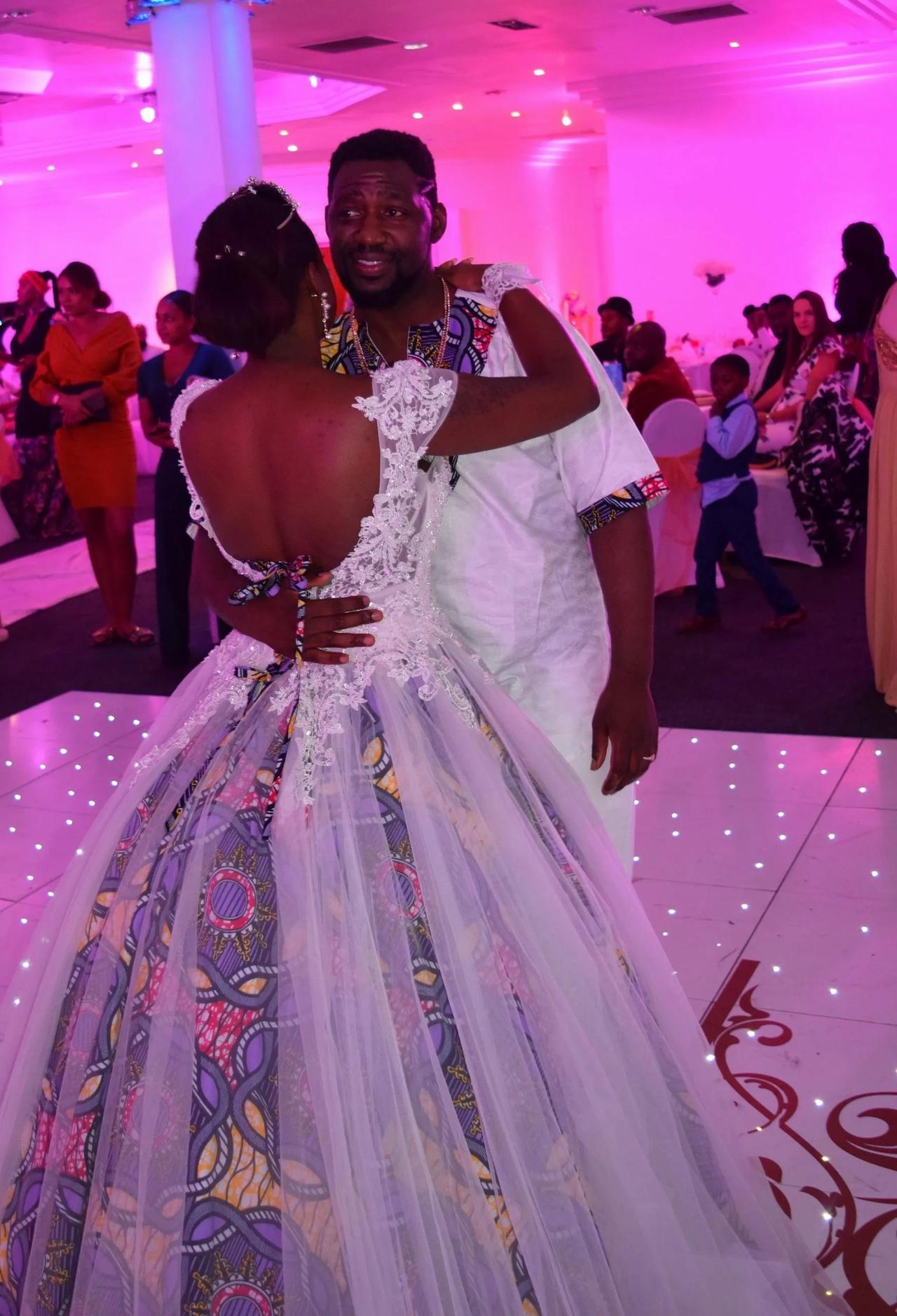
3. Combining Different Cultures
The documentary includes pictures from this wedding organised by Tessa (above) where the groom was of Angolan heritage and the bride of Dominican heritage.
"It was important for the bride to include the Dominican traditional dress to show her culture and identity in their wedding," explains Tessa.
"To bring both cultures together the dress had the Angolan traditional tribe material sewn under the lace.
"It is a win-win situation when both families are happy. The couple were both really excited to show both families how they included both cultures into one for their wedding day. It was beautiful to help bring their vision to life.
"Both families were wearing traditional outfits to show unity, respect and support for the couple."
If you're bringing together two cultures on your day, consider finding unusual ways to nod towards them. We adore the material sewn into this bride's dress, but you could also incorporate it into bridesmaid dresses, pocket squares for groomsmen or use the colours in your décor.
4. Traditional vs. Modern Dancing
The wedding also saw the coming together of different dance styles.
"Our ancestors would dance to live bands in Quadrilles, which started in the 19th century," says Tessa.
"I think Quadrille dancing is similar to what we now call the Candy dance or, as the Americans call it, the Electric Slide.
"The bridal party performed both traditional dance and modern dance when entering the reception, which had their guests in awe."
What a way to make an entrance! A modern twist on a traditional dance is an amazing way to pay tribute to your heritage, plus make for a spectacular moment in the day. The photos and videos will be incredible.
READ MORE: The Top 7 Wedding Trends for Black Couples in 2021
5. The Importance of Food
"Food is the heart of any Caribbean wedding - it is essential to have large amounts of food prepared," says Tessa. Catering your wedding with traditional foods is a really easy way to get some ancestry into your day and showcase the foods you love.
"Some of the essential food includes rice and peas, curry goat, mountain chicken, plantain which has been carried down through many generations," adds Tessa.
"You must be able to feed your guests at the reception and also your evening guests."
Want to learn more about these traditions and see them in action? Watch Then and Now: Weddings From Different Cultures
Discover the Participants in Weddings: Then & Now
Tessa Williams - Dominica
Bilen Zeremariam - Eritrea
Shola Adedayo - Nigeria
Kashi Isaac-Salawu - Nigeria
Inspired for your own wedding? Start getting your suppliers booked with our guide to 126 Black-Owned UK Wedding Businesses.



